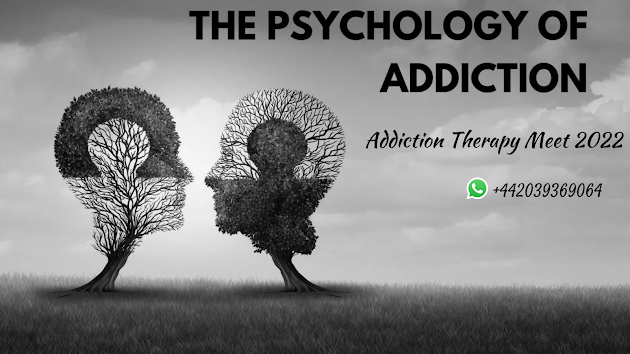Do you know about Psychology of Addiction?

Psychology has played a prominent part in both addiction research and treatment. It is an essential element of the interdisciplinary approach required by the 'biopsychosocial' conception. Cognitive theory-based, psychodynamic , and transtheoretical methods are the three primary categories of applied psychology in the field of addictions. This contribution contains brief summaries of the most common models. The Dynamic Model of Relapse from the learning theory field and the PRIME theory of motivation from the transtheoretical area are two important recent breakthroughs in addiction psychology. Both of these developments are deviations from conventional models' linear two-dimensional perspective in favour of multidimensional non-linear models that use theories like chaos theory and catastrophe theory in the modelling process. These techniques are similar to those used to describe and anticipate complicated phenomena like weather patterns in terms of explanations and pred...
